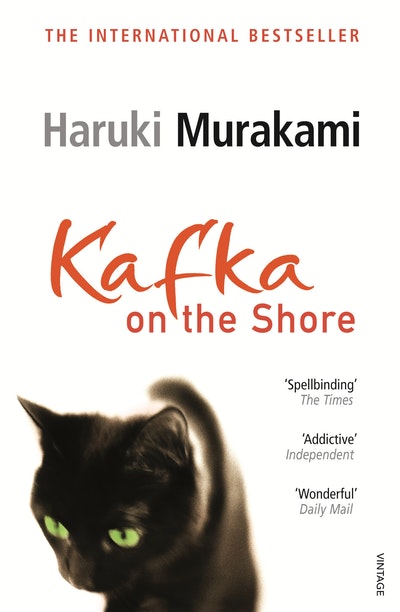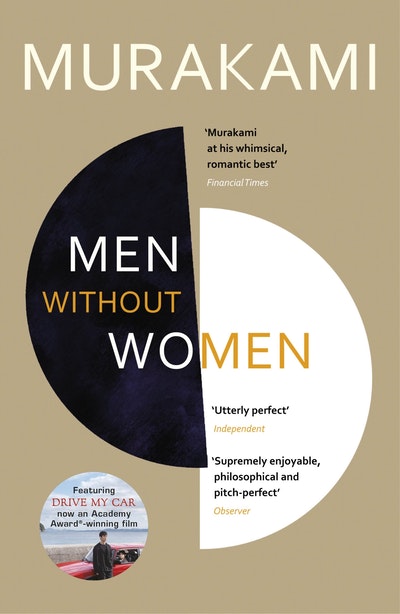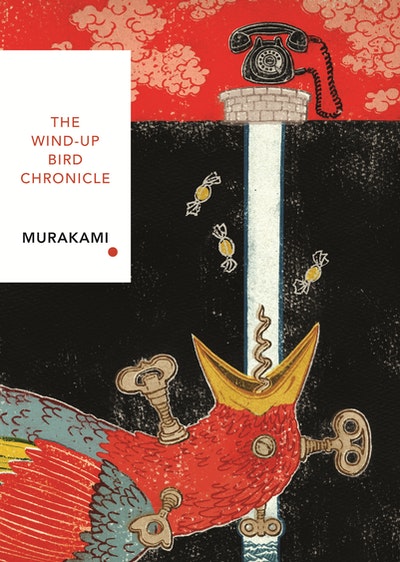- Published: 1 April 2003
- ISBN: 9780099448754
- Imprint: Vintage
- Format: Paperback
- Pages: 336
- RRP: $22.99
The Elephant Vanishes
- Published: 1 April 2003
- ISBN: 9780099448754
- Imprint: Vintage
- Format: Paperback
- Pages: 336
- RRP: $22.99
How does Murakami manage to make poetry while writing of contemporary life and emotions? I am weak-kneed with admiration
Independent on Sunday
Enchanting...intriguing... All of these tales have a wonderfully surreal quality and a hip, witty tone
Wall Street Journal
All the stories take place in parallel worlds not so much remote from ordinary life as hidden within its surfaces: secret alleys that afford unexpected - and unsettling - views
New York Times
Like the best thriller fiction, it nags you with the sensation that Something Nasty is about to happen
Sunday Times
Most collections of short stories work by the interplay of different voices. This one offers the more satisfying rewards of a novel: unity of tone and a richness of recurring detail that creates its own texture: spaghetti, lawns, hamburgers, beer-drinking, kid sisters, Sunday afternoons, a man's name
Independent











